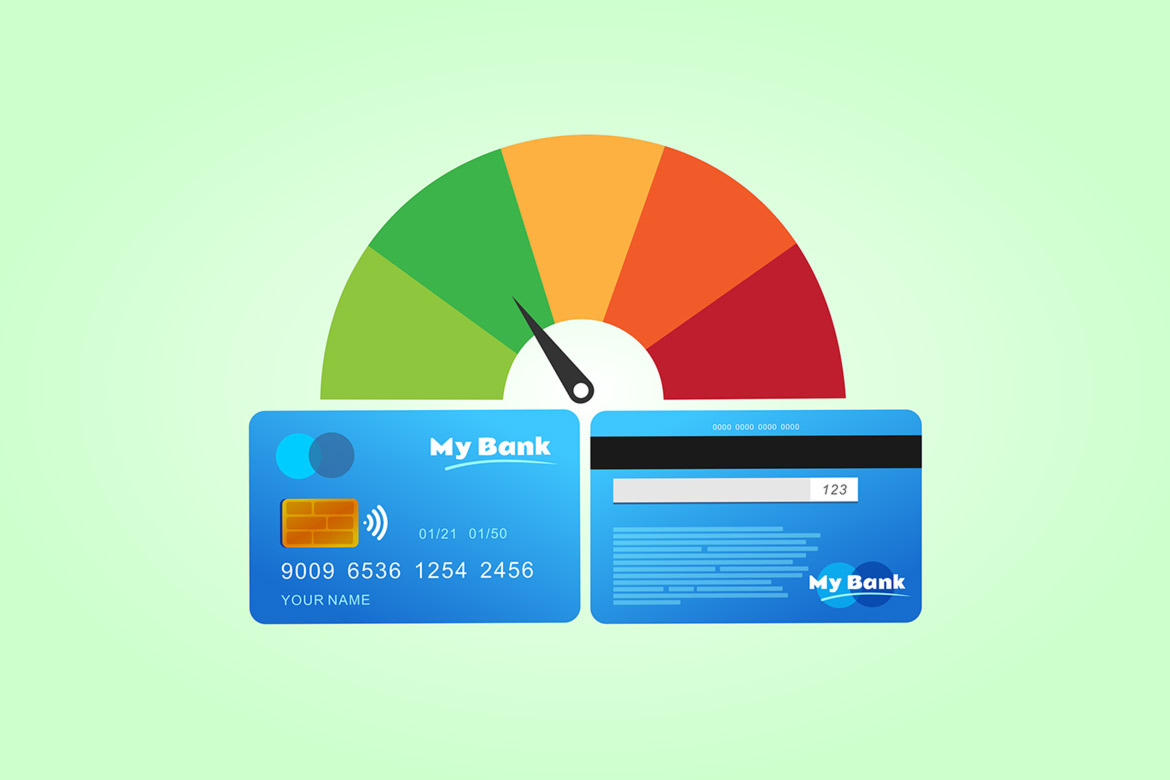A credit score is a three-digit figure that indicates to a lender whether or not you are creditworthy based on your credit history. Your creditworthiness informs the lender about your ability to take out and repay a loan.
When you apply for a loan or a credit card, the lender will look at your credit score to see if you are eligible for the credit line. A strong credit score is thus one of the requirements for obtaining a loan. So, what exactly does a credit score entail?
A credit score is a three-digit figure that indicates to a lender whether or not you are creditworthy based on your credit history. Your creditworthiness informs the lender about your ability to take out and repay a loan.
A credit score is assigned after taking into account your previous credit history. Its range is from 300 to 900. A credit score of 750 or higher is highly desirable. A strong credit score not only makes obtaining a loan easier but also allows you to negotiate favorable loan terms and conditions.
Read More: How many types of banks do we have in India?
Aids in the detection of a mistake.
The historical data submitted by banks to credit bureaus determine your credit score. As a result, the data supplied here should be correct and comprehensive. You don’t want to find yourself in a situation where a reporting error causes your credit score to suffer. Regularly reviewing your credit report and score will assist you in identifying any errors in your credit history or personal information. Lenders and banks can be notified about these inaccuracies. You can also check other bureaus’ reports to determine if your credit data is being reported consistently. As a result, double-checking your score on a frequent basis will help you avoid making mistakes that will lower your score.
You can keep an eye on your creditworthiness.
When you apply for a loan or a credit card, the lender or issuer will run a credit check to determine your creditworthiness. When you start checking your credit score, you’ll see that your credit behavior has an impact on your credit score. You’ll see how a late payment, for example, can affect your credit score. If your credit score is low, you can increase it to enhance your borrowing possibilities. Building and maintaining a strong credit history takes time. If you expect to require a loan in the near future, it’s a good idea to keep track of your credit score and keep it up to date.
Aids in the detection of identity theft and hard inquiries
Regularly checking your credit score will aid you in detecting and avoiding identity theft. Identity theft occurs when someone takes on the identity of another person by stealing personal information such as a person’s name, date of birth, PAN number, phone number, and bank account number. It is possible for your identity to be stolen and used for a variety of financial transactions. If your PAN has been used to take out a loan, it will show up on your credit record. If you discover any unauthorized or fraudulent conduct in your report that has resulted in a hard inquiry, you should notify the bureau and the financial institutions as soon as possible.
Read More: PV Sindhu First Indian woman to win two Olympic medals
Finally
The terms “hard inquiry” and “soft inquiry” do not mean the same thing. When you apply for a loan, a lender will do a hard inquiry to examine your credit report and score, however, when you check your credit score, it is referred to as a soft inquiry. A hard inquiry lowers your credit score, whereas a soft inquiry has no effect. It helps you keep your credit habits under control. There are a number of platforms that allow you to monitor your credit score and, in certain cases, receive notifications when your report is updated. Because most lenders tie their lowest rates to credit scores, it’s always ideal to keep your credit score in good shape to get the greatest discounts.






